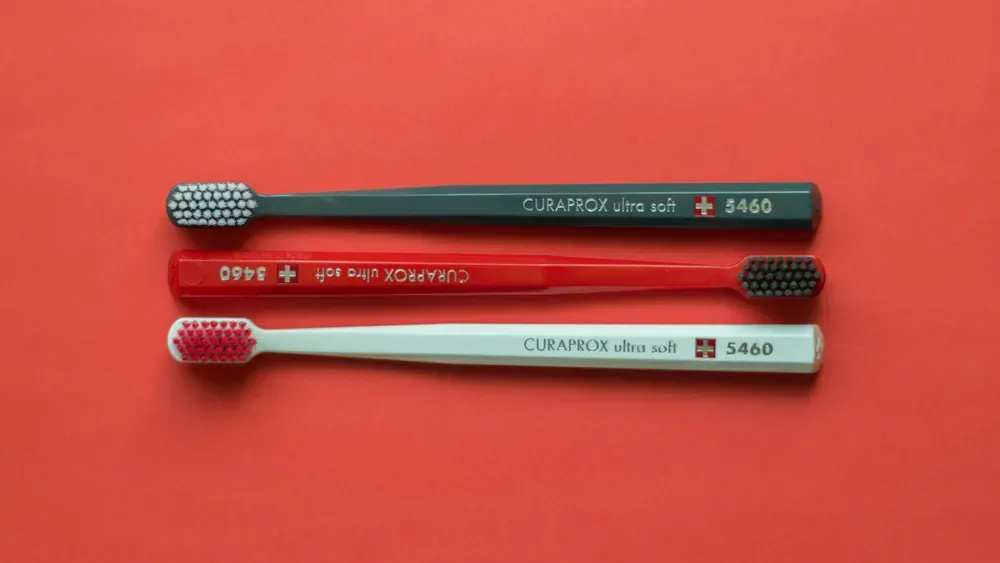By Jonathan Shanahan
While most of us try not to think about it, there’s no avoiding the fact that our bodies change as we age. These changes drastically impact just about every area of our lives, and personal hygiene is no exception. Today, we’re going to be taking a look at the hygiene challenges that arise as we get on in years, as well as the adjustments that should be made to our daily routines. From practical tips to help you avoid bathroom slips, to the best cosmetic products to use on elderly bodies, this list will help you maintain high levels of personal hygiene well into old age.
Switch to gentler cleansers
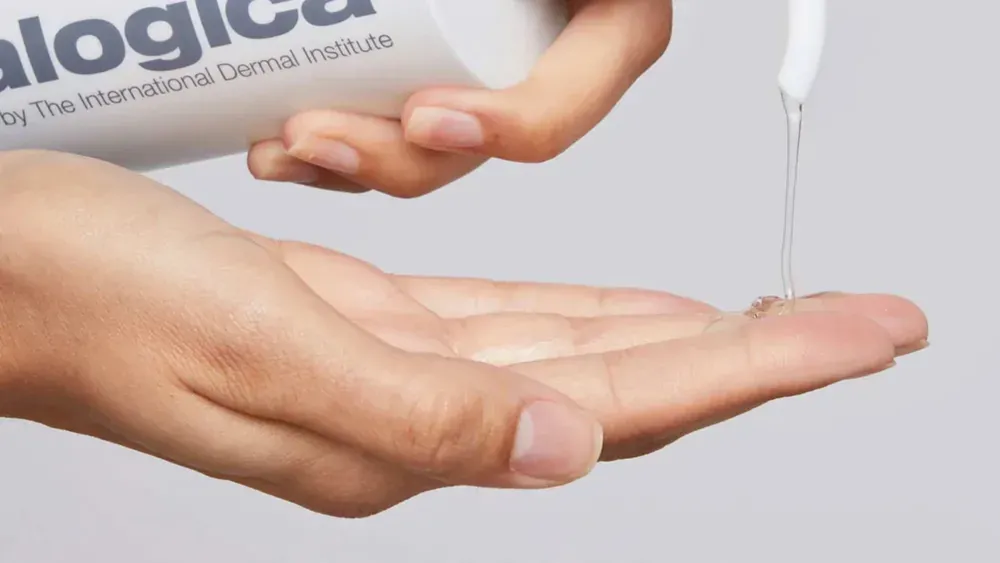
Cleansing products are fantastic for removing grime from your skin, but you shouldn’t use the same cleanser throughout your whole life.
As you age, your skin will naturally become more sensitive, which means you should switch to a gentler cleanser.
Moisturize every day
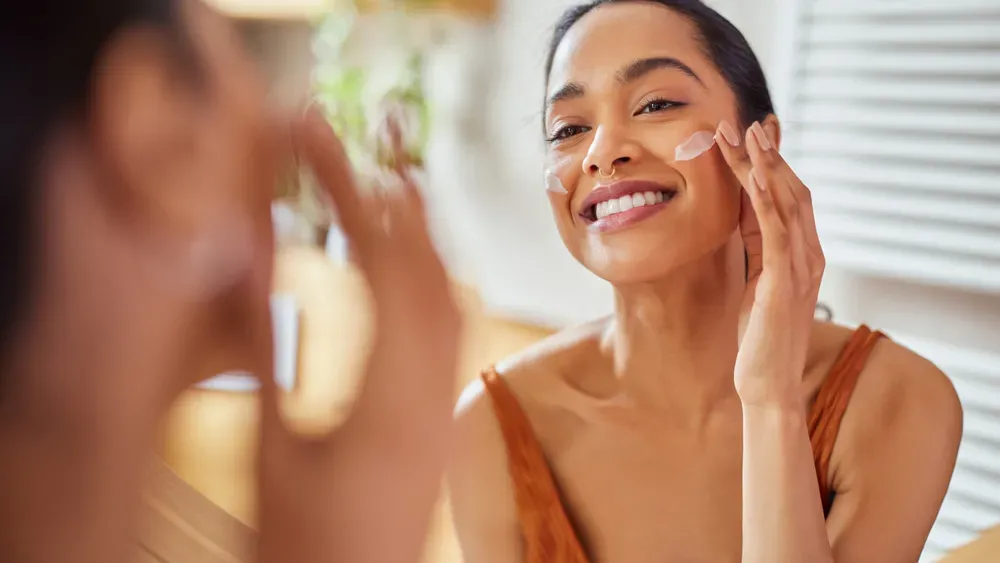
We all know that moisturizing is important, but most of us fail to make it a regular part of our routine.
As you get older, however, you’ll find your face drying out increasingly easily, which is why it becomes important to moisturize every single day.
Use sunscreen
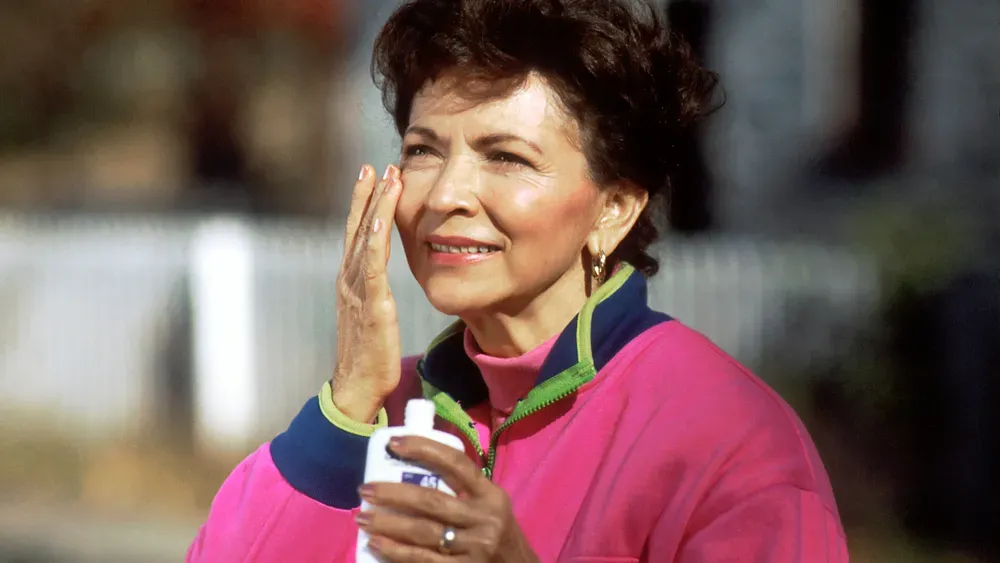
Wearing sunscreen every day is undoubtedly the best way to retain a youthful appearance, while also reducing the risk of skin cancer.
However, it becomes doubly important as you age, due to the fact that your skin loses its ability to repair itself.
Carefully trim your nails
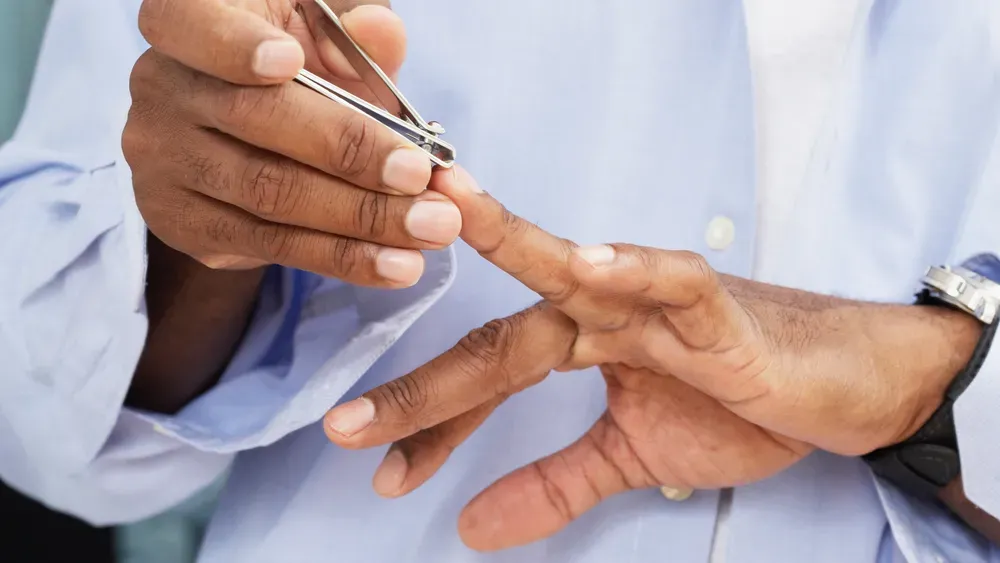
Ingrown nails cause genuine agony, and – in severe cases – can even require surgery. Unfortunately, they become more likely the older you get.
This is why you should take extra care when trimming your nails as you get old, making sure you don’t cut them too short or leave jagged edges.
Use anti-fungal powder
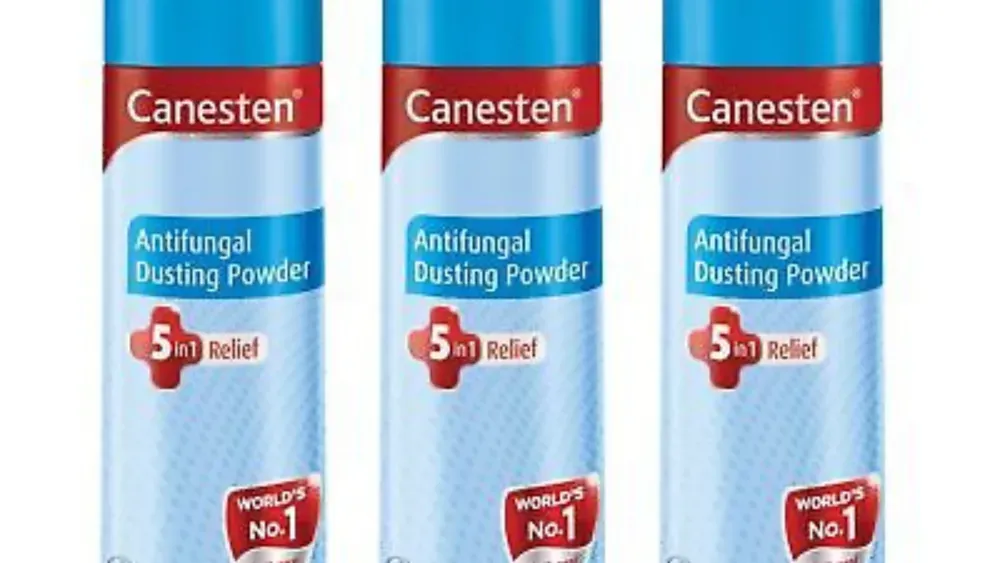
As you age, your immune system starts to weaken. Unfortunately, this makes it much easier for fungal infections to set in.
These infections are much easier to prevent than they are to treat, which is why senior citizens should consider using anti-fungal powders.
Use a toothbrush with soft bristles
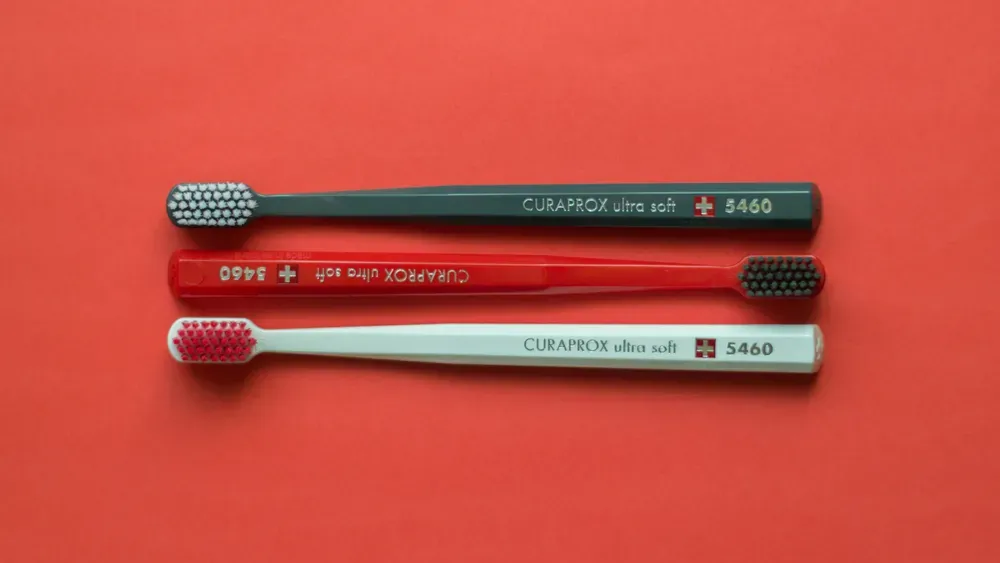
It’s no secret that older folks often struggle with oral health, but many problems can be warded off by making a few small adjustments.
One of the easiest is to switch to a toothbrush with extra-soft bristles, which will help you to avoid irritating your gums or damaging the enamel on your teeth.
Switch to alcohol-free mouthwash
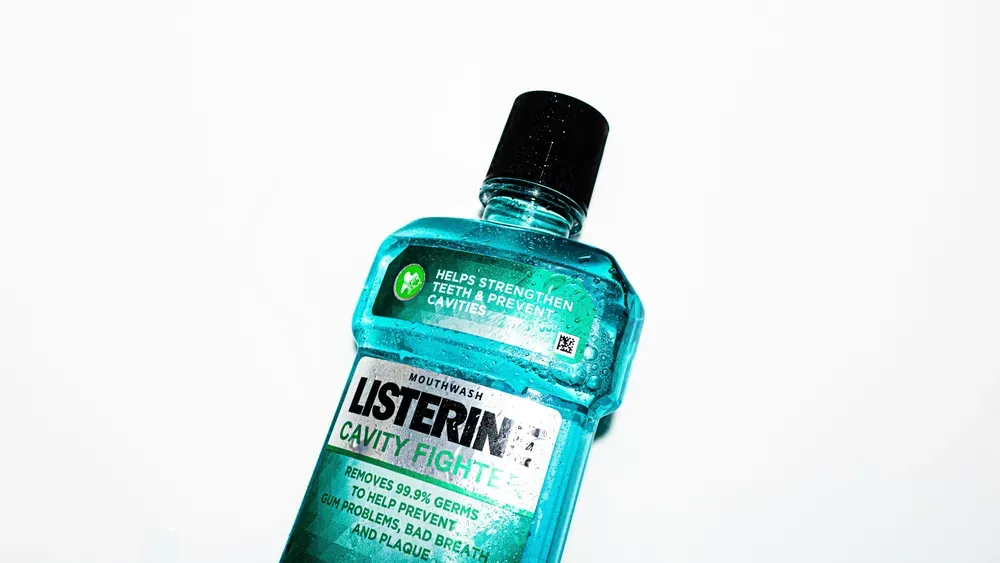
Alcohol is a common ingredient in many brands of mouth wash, for the simple reason that it boasts impressive antibacterial properties.
However, alcohol can also exacerbate dry mouth, a condition which many elderly people suffer with. Fortunately, it’s easy to an alcohol-free alternative that’s just as effective.
Use fragrance-free products
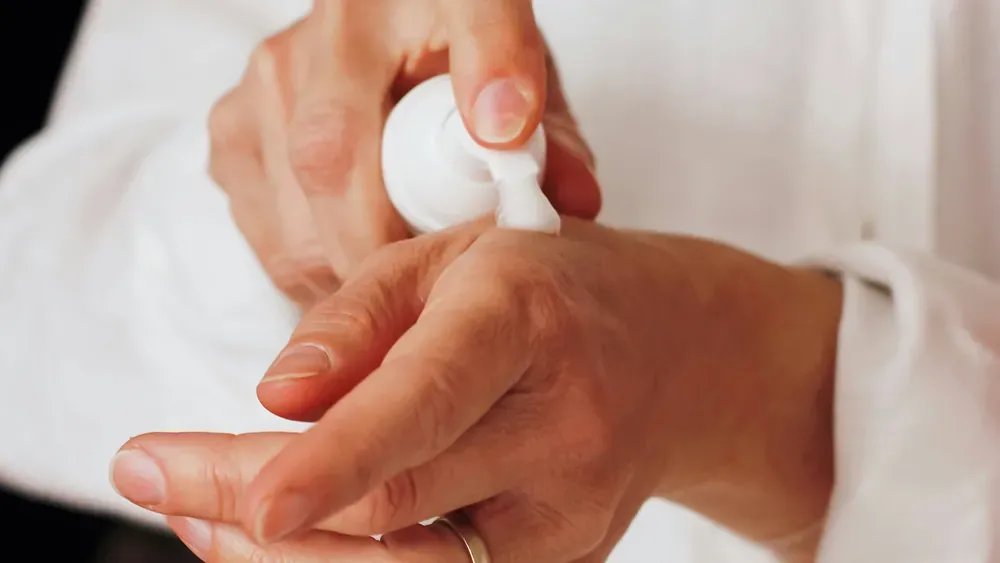
As we’ve already covered, as you age your skin will naturally become more sensitive. This means that it will be more prone to getting irritated.
One of the worst offenders when it comes to skin irritation is artificial scents, which is why you should go for fragrance-free products as you age.
Increase frequency of dental checkups
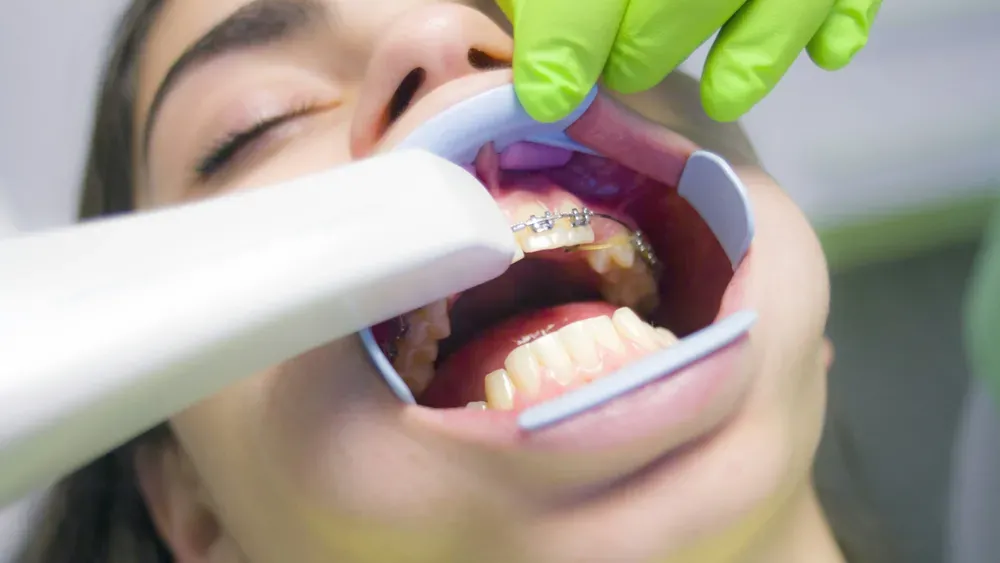
Up until around the age of 50, you can probably get away with visiting the dentist a couple of times a year.
Once you’re over the hill, however, you should aim to get a dental checkup once every three months, to catch any problems before they get serious.
Change shampoo
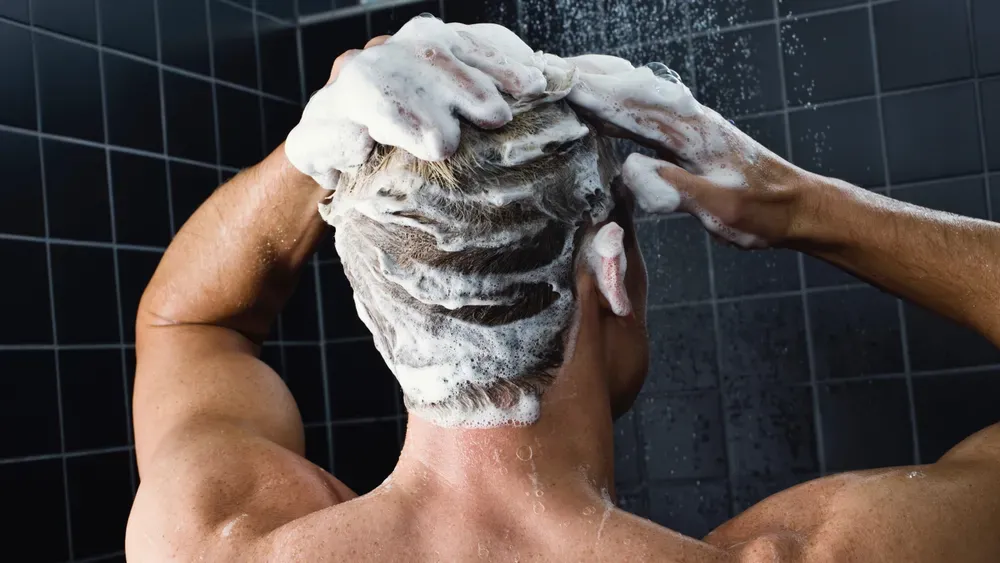
Even if you take good care of your hair, as you get older it will start to become more dry and brittle.
When this starts to happen, you should switch to a brand of shampoo specially formulated for older hair.
Wash your hair less frequently
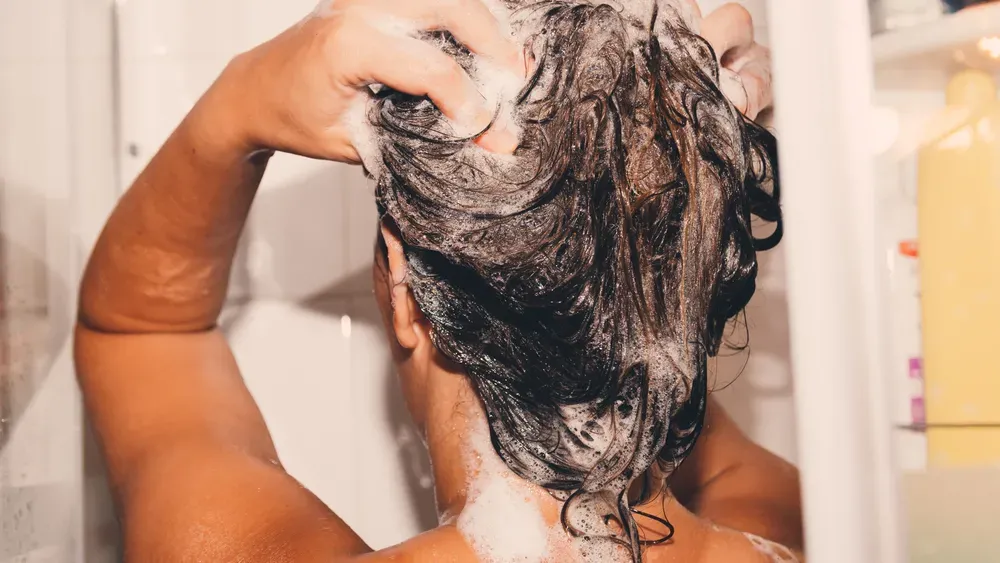
This might seem counterintuitive, but washing your hair less frequently is a good idea once you past middle age.
Shampoo strips your hair of the natural oils that keep it healthy, and as you get older your body has a harder time producing these oils.
Make your baths cooler
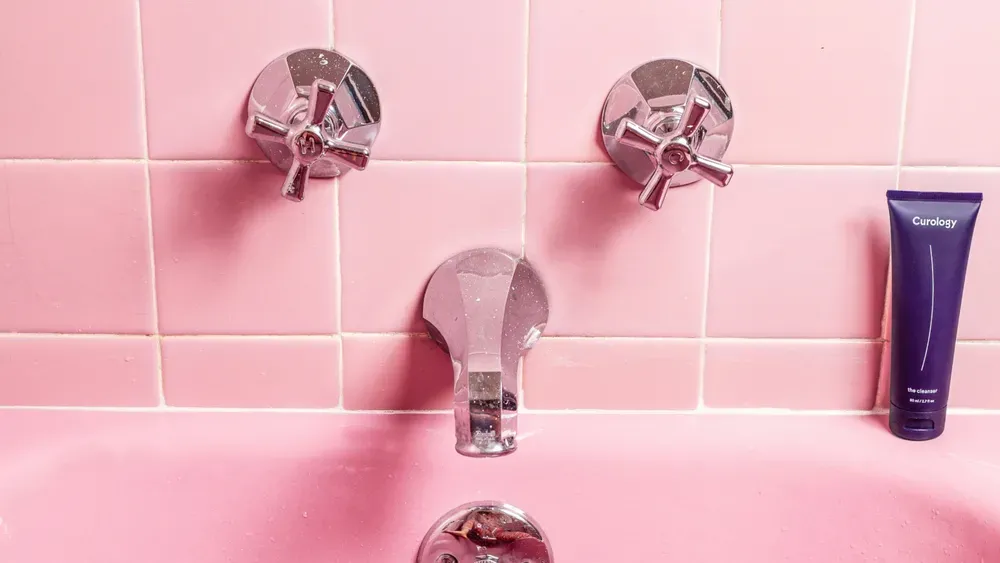
While a soak in a hot bath might leave you blissfully relaxed, it will also leave your skin dried out.
This becomes more of a problem as you age, which is why you should start to lower the temperature of your baths.
Clean your ears more frequently
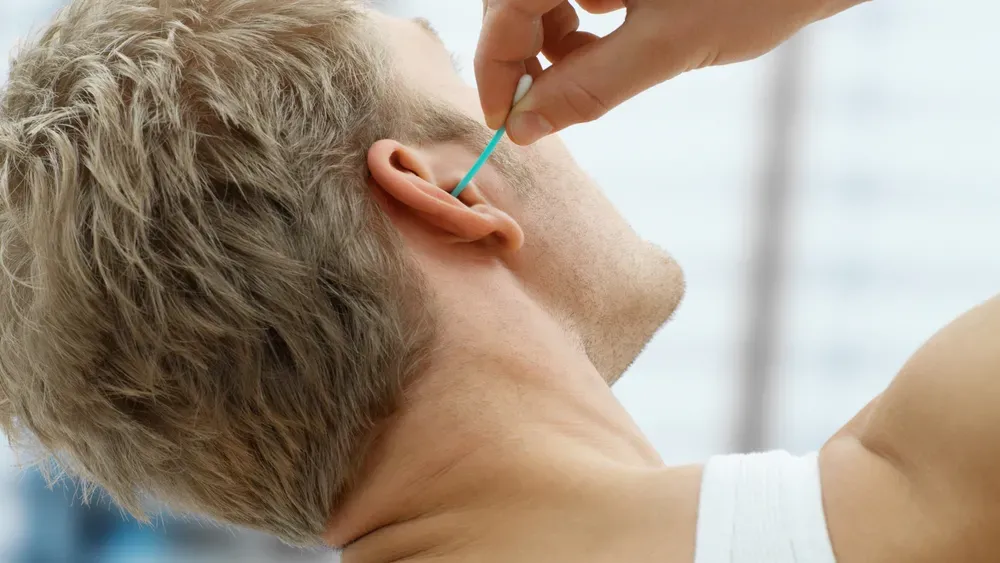
As you get older, your ears will start to produce more wax, and this often starts to interfere with hearing.
This can easily be rectified by regularly cleaning your ears with a q-tip – just make sure you don’t push too far.
Become mindful of how much deodorant you apply
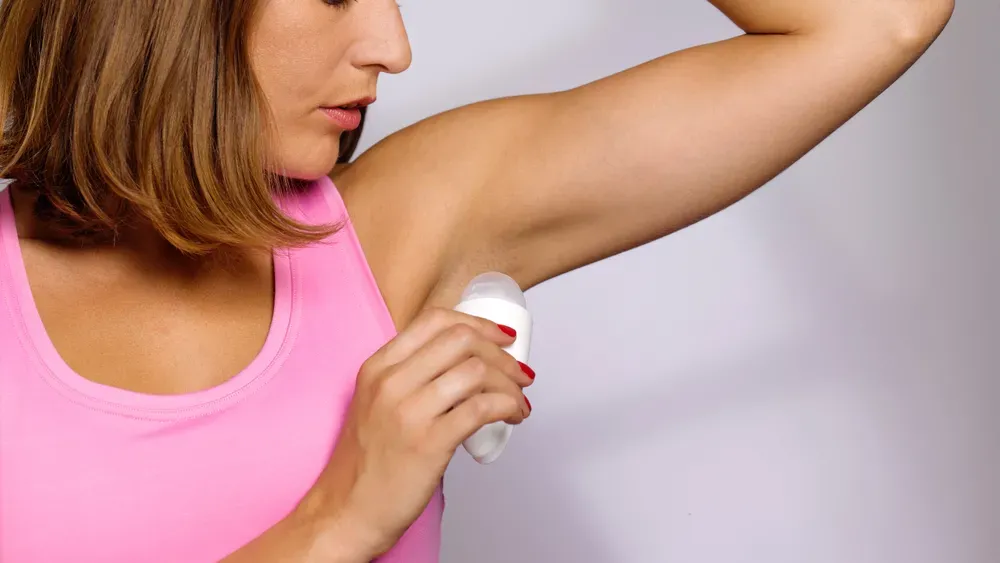
Your senses get weaker the older you get, and this includes your sense of smell. This is why many old people end up over-applying deodorant.
If possible, you should always ask someone to make sure you’re not guilty of this, but if that’s not an option err on the side of caution when applying products.
Switch to hypoallergenic bedding
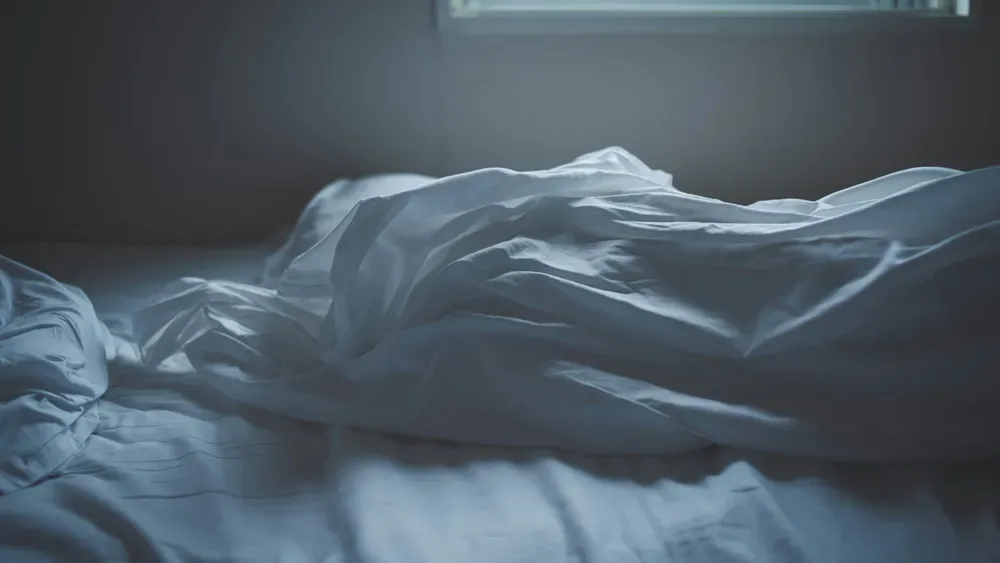
Even if you’ve never struggled with skin allergies, it’s worth investing in hypoallergenic bedding as you enter your twilight years.
This is because your skin will become thinner and more sensitive, meaning normal bedding can cause unpleasant reactions and, in extreme cases, sores.

